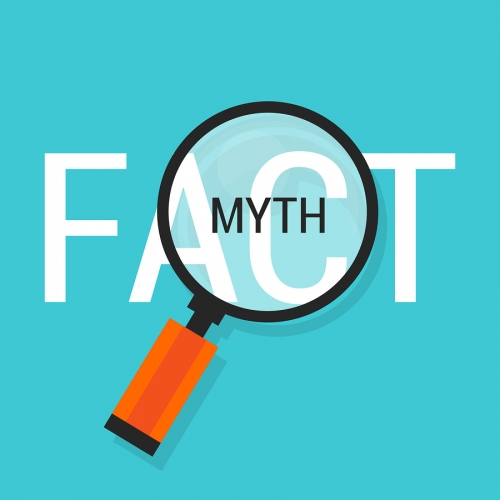There are a huge number of myths surrounding the Private Investigation business, ranging from the overly romanticized to the downright seedy. Here are a few helpful tips to separate fact from fiction when it comes to understanding the work of a Private Investigator.
Myth #1- Most PI’s are self-employed
Fact: In reality, only about 21% of Private Investigators are self-employed. The majority of PI’s work either for larger investigation firms or as the sole investigator for businesses such as insurance companies, accounting firms, banks and security firms.
Myth #2- Private Investigators can discover things not available online
Fact: While PI’s are actually bound by the same privacy laws as all other private citizens, PI’s can often uncover information by skipping the internet and talking to actual people. While a great deal of investigative work these days is done digitally, there will never be a substitute for good old fashioned legwork.
Myth #3- PI’s lead a thrilling life and regularly encounter dangerous situations
Fact: Many Private Investigators work in an office – sometimes even a cubicle – and regularly work the same office hours as almost any other office worker. Some PI’s work mostly in the field, while others split their time between working in an office and out in the field. For the most part, the work of a PI is not any more or less dangerous than anyone else’s job. The risk level, however, is also somewhat dependent on the type of work an investigator does. A forensic accountant that primarily works on a computer is less likely to be at risk than an investigator working in the field doing surveillance or looking for someone who has a strong desire to not be found.
Myth #4- PI’s have access to people’s credit reports
Fact: Private Investigator’s are not allowed to access a person’s credit report without their consent. The Fair Credit Reporting Act severely limits the ease with which any individual can obtain credit information about another individual.
Myth #5- All Private Investigators do essentially the same work
Fact: There are a great number of different types of Private Investigators that do a wide variety of work. Here are a few different types of investigators and the types of work they do:
- Forensic Computer Investigators: Skilled at retrieving deleted data from computers that are often used while conducting fraud investigations.
- Financial Investigators: Often hired or employed by accounting firms or investment banks to locate hidden assets – usually after a court order has been issued.
- Corporate Investigators: Protect companies and their assets, often perform background checks and are responsible for investigating potential embezzlement and other crimes from within the company.
- Loss Prevention Agents: Generally protect retailers and other businesses that sell products.
- Generalized PI’s: May perform a wide range of services ranging from skip tracing to background checks to surveillance.






